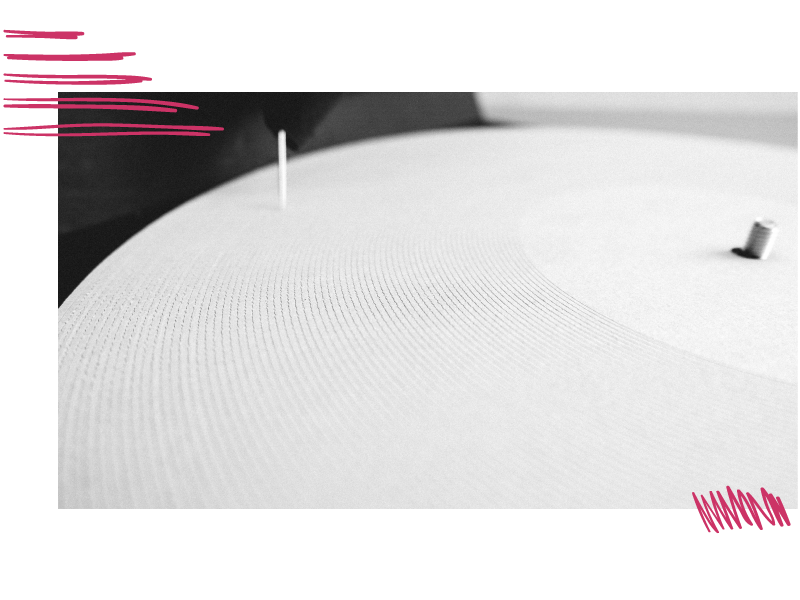Last week’s Media Archaeology workshop was the perfect opportunity to keep working on this project that has been floating in and out of my mindspace for the past couple of months. What started as a personal exploration of literary/media censorship has materialized itself into a heavily-DIY resistance inspired art and design project.
Adding to the interest is that last September, we made the temporary move to this new part of the world that is very much steeped in a dark history its inhabitants choose not to talk about, even to this day. Linz is the city that Hitler chose to call his childhood home, making me wonder how it must have been like for the people who lived in this area of the world—in a time when the dictatorial rule forced the banning and censorship of quite a lot of literature, and actually held book burnings.*
Simply put, with Sub Rosa Scrolls, I am exploring the possibilities of storing previously and/or currently banned literature into discreet and playable paper records. Each “book” would be packaged with a do-it-yourself record player** made out of recycled materials, all of which could be easily found in most homes.
Watch this space for more project updates!
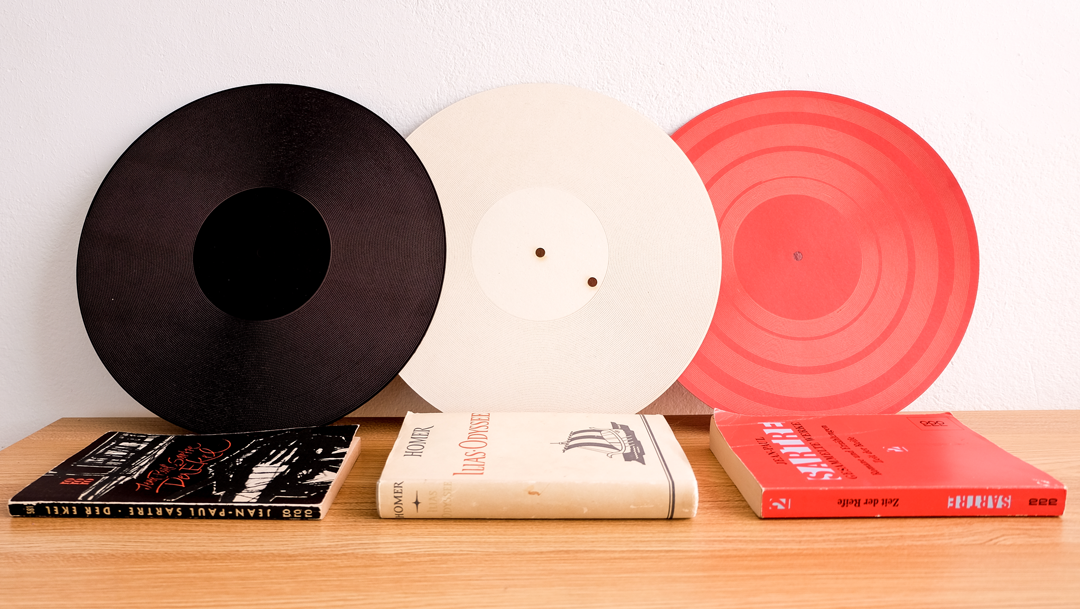
*Recommended Reading: Fahrenheit 451 by Ray Bradbury
**You can try making one yourself by following the DIY tutorial I’ve posted here. I’d be very interested to see your creations, injected with your own unique touches!
The Sub Rosa Scrolls are playable paper records, created in an effort to preserve burned / censored / banned literature.
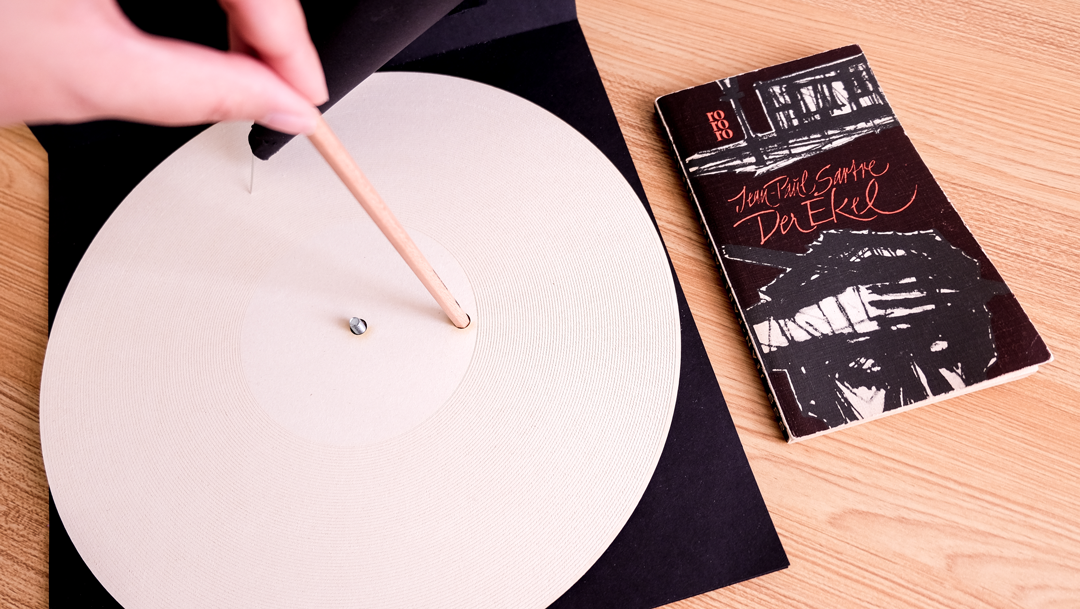
Made out of the same material as the books and journals they embody, these records contain the ASCII translations of entire works of literature, sonified into atmospheric sound.
When a record is played, the book permeates into the airwaves, defying the oppressors and setting the literary contents free into the world—ready to be decoded and explored by humans and machines alike.
The seemingly meaningless sounds simply blend into the environment, preventing any suspicion from those who are unaware of it.
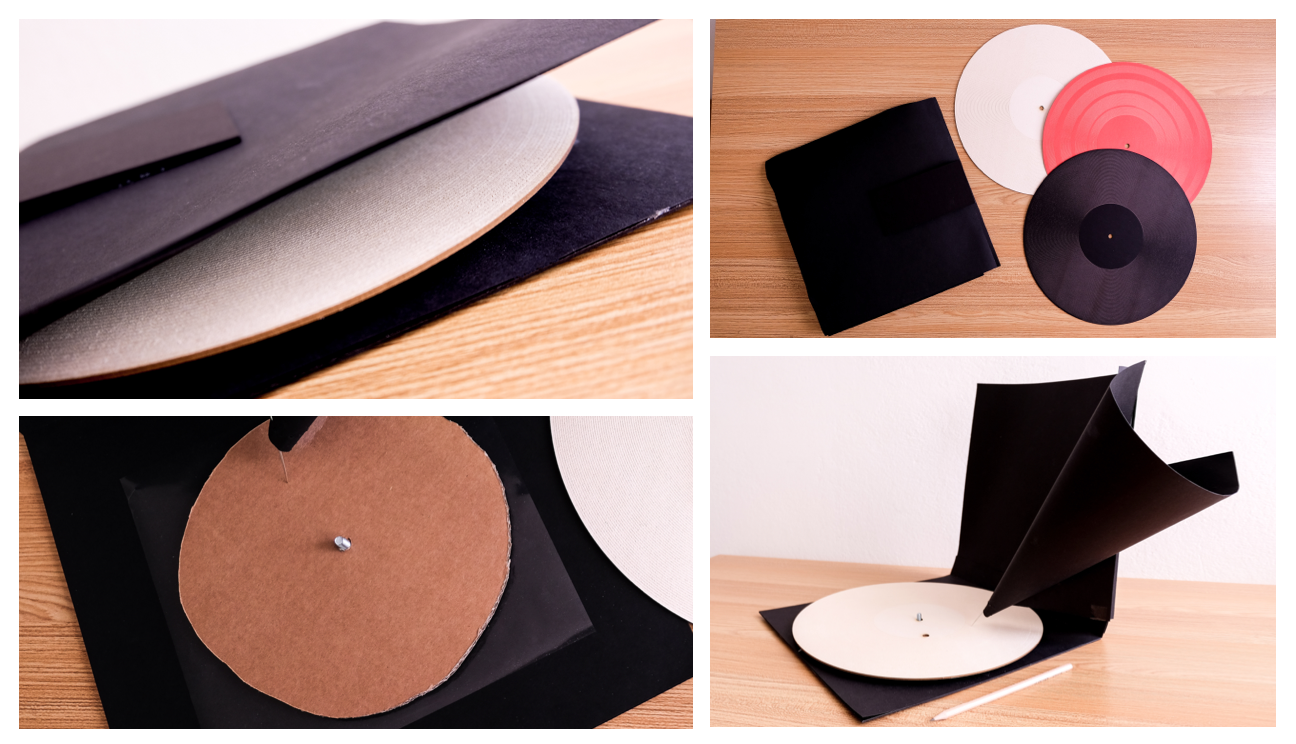
Each “book” is packaged with a do-it-yourself record player made out of recycled materials, all of which can be easily found in most homes.
In locations where certain books are still prohibited, the Sub Rosa Scrolls may be transported or stored openly without too much fear of discovery—as they simply look like discarded pieces of paper that hold no particular significance.
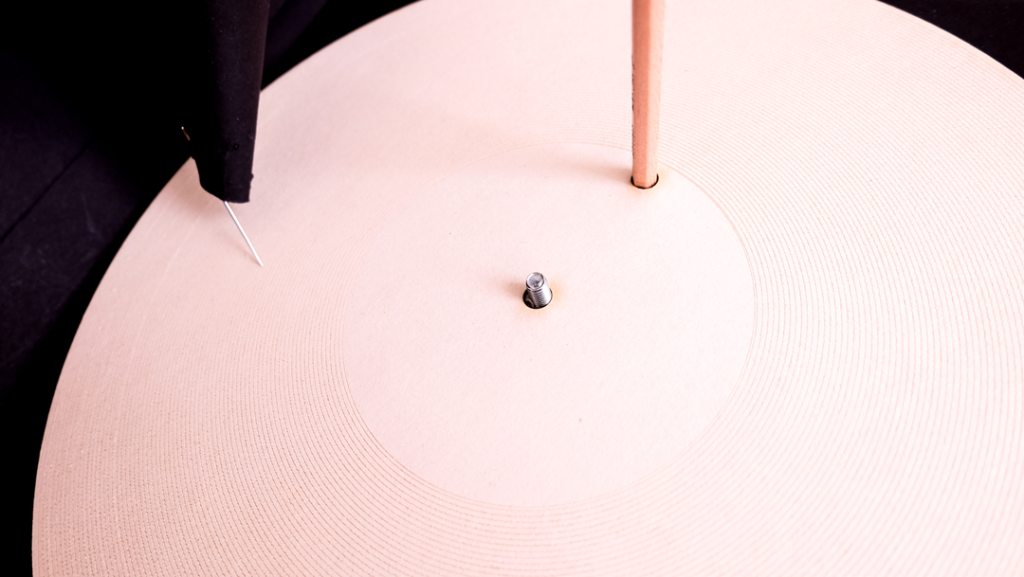
HOMEMADE RECORD PLAYER | MATERIALS USED
recycled cardboard
old packaging boxes
pencil
flat-head screw (extra piece from ikea furniture)
glue and/or tape
scissors
guerilla-like persistence
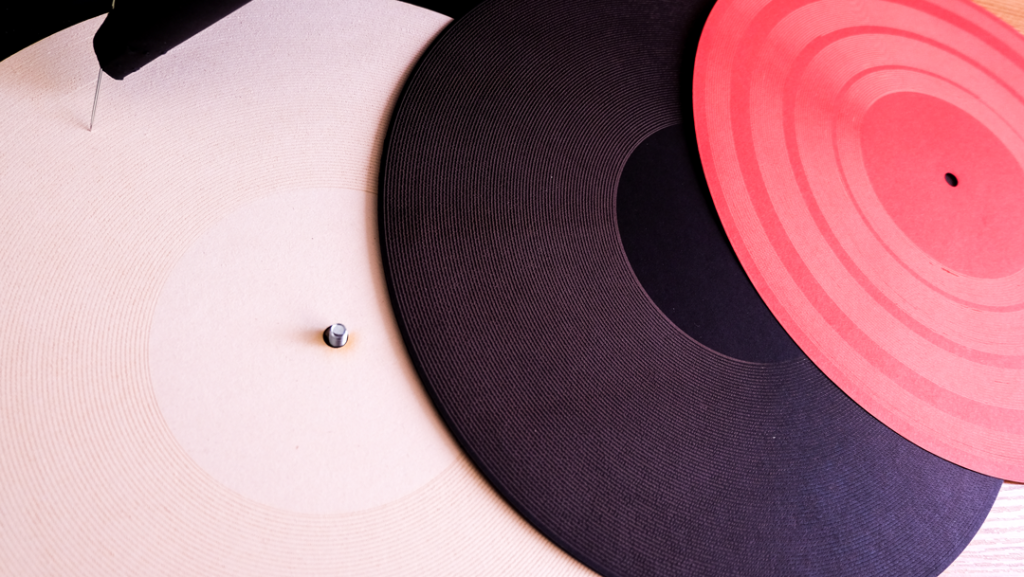
It is a pity that in this day and age, several works of art and literature are still banned or censored by institutions and cities around the world.
Sub Rosa Scrolls aims to put this suppression to rest and help preserve the art and information that everyone deserves the opportunity to experience.
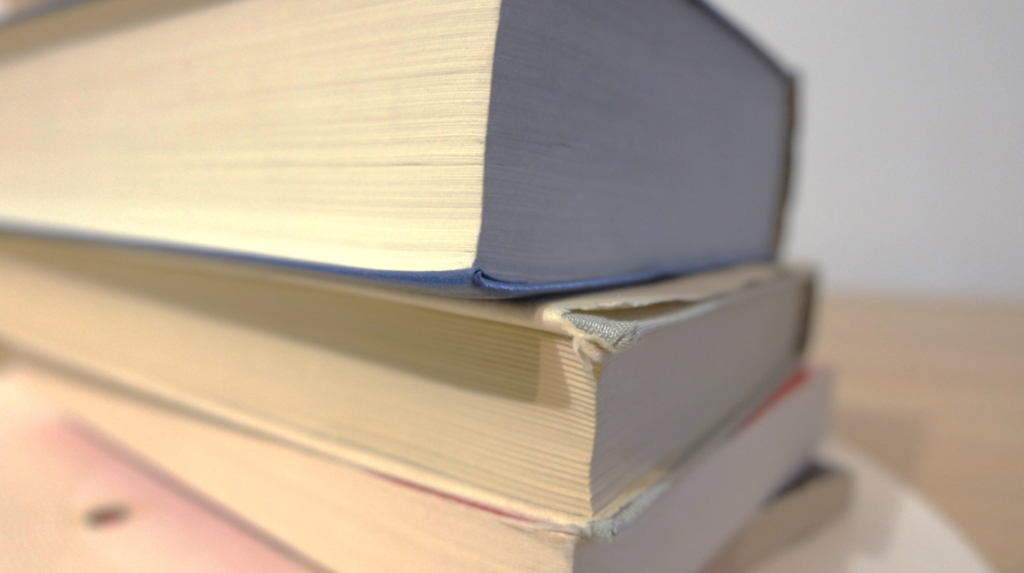
For this iteration of the project, the works of literature used are [previously and currently] banned books and censored authors found in flea markets:
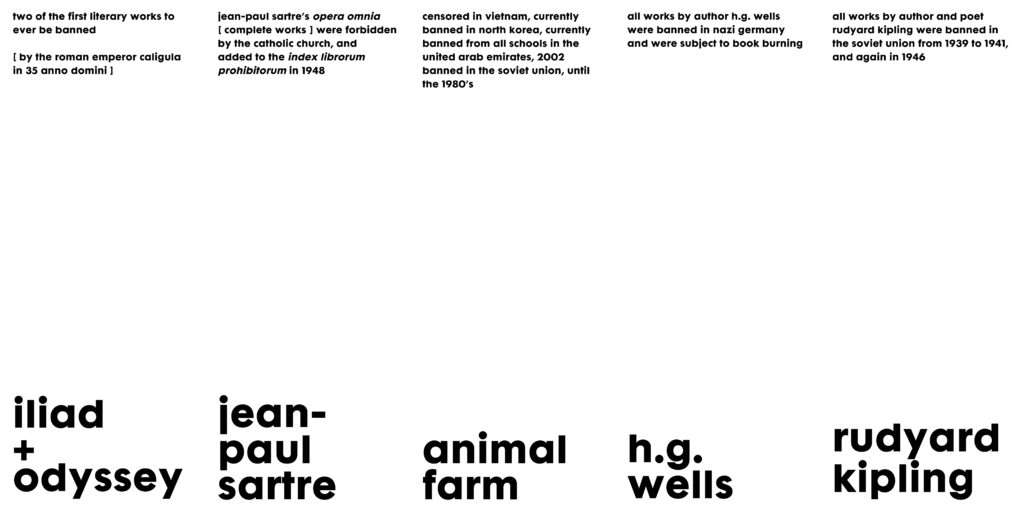
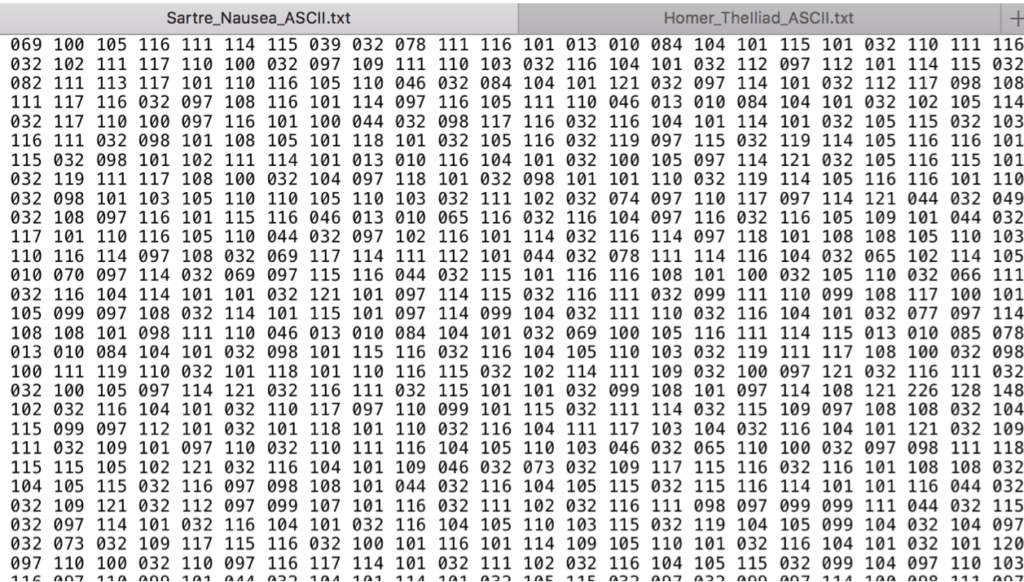
Each book is translated into ASCII (American Standard Code for Information Interchange), which is universally recognizable by both humans and machines.
This translation, which encodes letters and images into numbers, is then sonified into an atmospheric sound—taking care that the original data does not get garbled and is retained throughout the translation process.
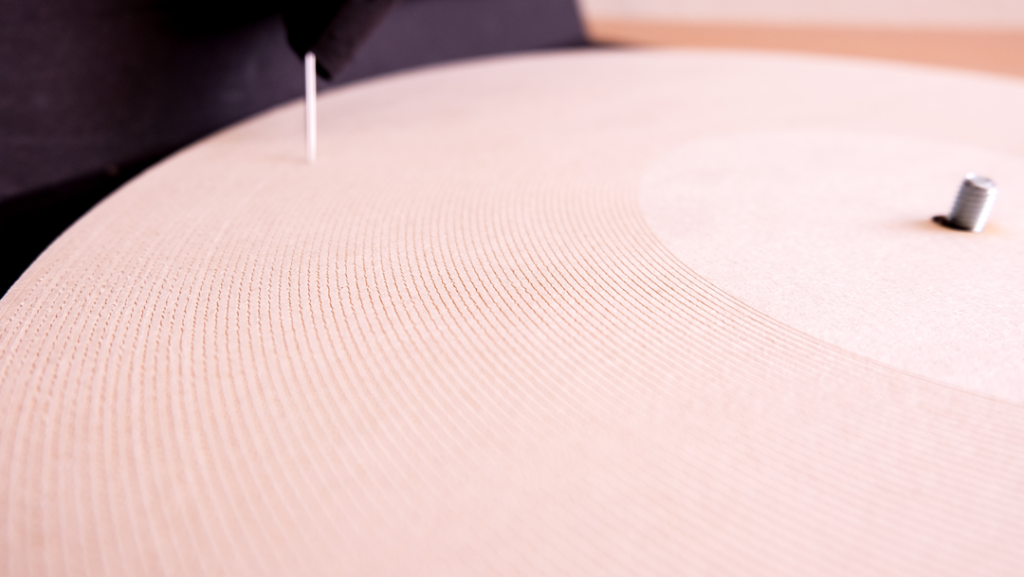
Once the audio file is created, the data is then processed and converted into vector files that are specifically recognized by the available laser cutter, and are ultimately playable by most standard record players.
Programs used: TextEdit, Audacity, MaxMSP, Processing
[ many thanks to Amanda Ghassaei for the initial calculations and codespiration ]
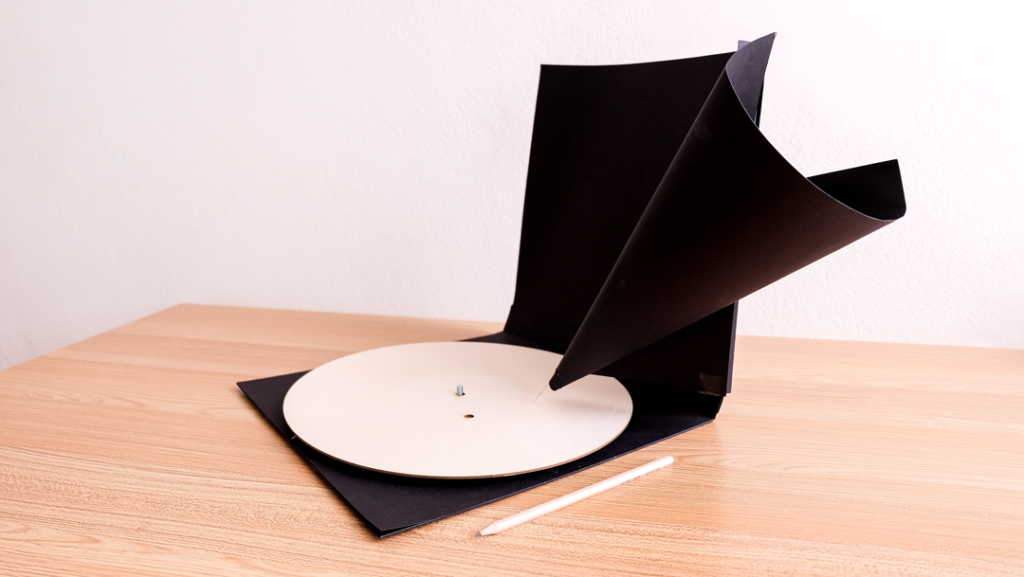
The Sub Rosa Scrolls will be exhibited with the source material, mounted on the homemade record players that are specifically created for each book record.
Visitors will be able to play the records by moving the needle into their desired groove, and turning the plate with the pencil provided.
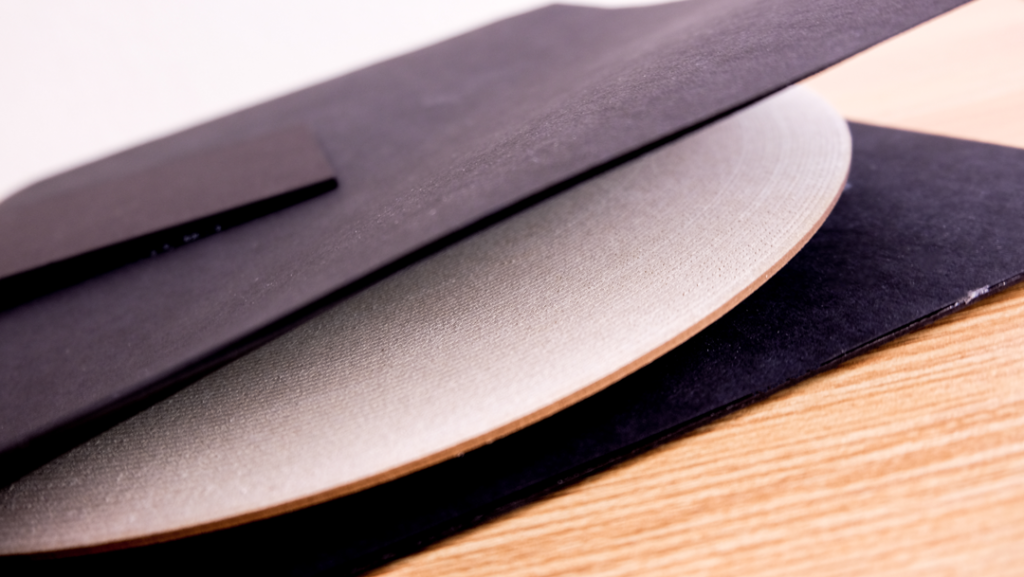
Exhibition visitors can also see and interact with a sample of the entire package (paper record inside the foldable player that encloses it), as well as be able to make their own easier version of the record players using the instructions and materials provided.
With this set up, they would be able to test their creation on sample records that are also available for interaction.
—
Ideally, I would like to be able to streamline this entire process so that anyone anywhere in the world could make their own Sub Rosa Scrolls—especially those who do in fact still live in places that have such censorship.
Additionally, I plan to create a system for special orders—where those who are interested but don’t necessarily want to make the scrolls themselves—can request for records to be made out of their selected literary material.
